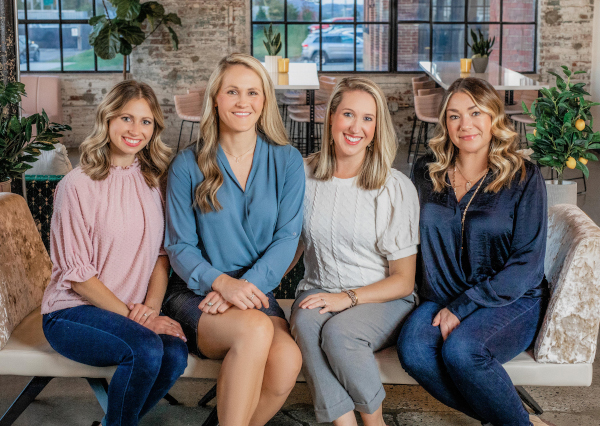“People cannot ignore value criteria if they want to know who they are and why they are doing what they are doing. It is essential that we identify, understand, and accept our values if we are to use them in consciously directing our life goals.”– Galen Dodge
What Are Values?
In this episode of our sweet spot series, we are exploring VALUES. Merriam-Webster defines values as “something intrinsically desirable.” Another definition I like for career-exploration purposes: Values are standards of desirability by which we choose between alternate behaviors.
Simply said, values reveal what is important to us. They influence our motivation, attitudes, desires, and goals. By understanding values, we can get to the root of behavior.
Just like a map guides the way to the hidden treasure, our values guide us along the paths that lead us to the treasure of enjoying the things that are most important to us. But before we can follow our values-map to find the hidden treasure, let’s explore how values are formed.
Value Formation
Similar to our discussion of skills in the previous blog, values are formed by our experiences, circumstances, and relationships. There are 3 phases of value development:
Phase 1: Acceptance
An individual ascribes worth to a phenomenon, object, or behavior and is willing to identify with it, but is also ready to reassess if need be. Personal example – Throughout my whole life, I’ve been pretty adaptable and comfortable with change. Recently, however, I’ve started to accept the value of more stability in life.
Phase 2: Preference
The individual begins to prefer this value over other competing values and ideas. Personal example – As I’ve grown in new skills like résumé writing and career consulting, I’ve noticed a growing preference for continued learning to stay up-to-date on recent trends and best practices for clients.
Phase 3: Commitment
The individual is committed to the value, so that they proactively seek it out and act on the value. Personal example – I’m deeply committed to my value of community, so much so that I set aside time every Tuesday night to meet with the same group of people so that we can be intentional in each others’ lives.
Value Application
Recently, I was working with a client who is deeply committed to her value of family. Formed by her culture and experience growing up, she values not only her family, but also their thoughts and opinions. (Rightfully so – it’s hard to have one without the other.) Because of her value of family and her family’s value of education, she felt a constant pressure from them to pursue her education and graduate from college. Primarily focused on her family’s advice, she listened to their opinions and applied for a radiology technician program that would set her up on a quick path to graduation. When that program didn’t work out, she felt the disappointment of letting her family down.
Out of her discouragement, she googled “What should I major in?” and stumbled upon the Know You Project.
During one of our sessions, we worked through a values exercise. Along with uncovering her value of family, she also recognized other values like independence, adventure, work, and wealth. By understanding what’s important to her, she realized a career in business would provide her with plenty of individual work (independence), a different day-to-day (adventure), and a compensation structure that yields high monetary values (wealth) in return for good work (work). To be sure, her family’s thoughts and opinions were still important to her. But by understanding her other values, she identified a career path that more fully aligned with all parts of her.
Guided by the map of our values, not only do we get to look ahead to the ‘X’ marks-the-spot, but we also get to enjoy the journey along the way. And the lessons from the journey are the real hidden treasure!

 We strive to equip clients with the knowledge, support, and customized tools needed to gain forward momentum.
We strive to equip clients with the knowledge, support, and customized tools needed to gain forward momentum. 



